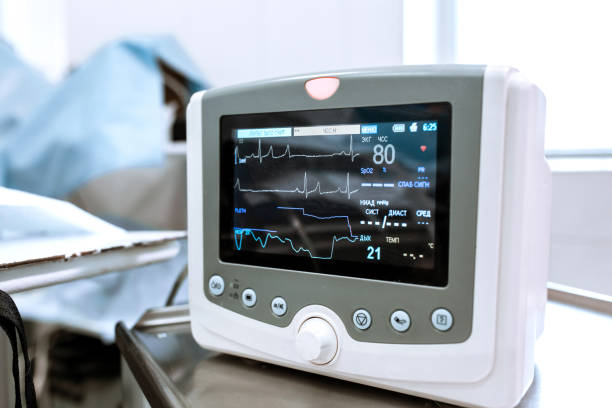Insights into Implementing Chronic Care Management Strategies

Chronic care management solutions involve the coordinated provision of healthcare services to patients with chronic conditions, aiming to improve health outcomes and quality of life. These conditions, such as diabetes, heart disease, and asthma, require ongoing management and support to prevent complications and optimize health. Implementing effective chronic care management strategies is essential for addressing the complex needs of patients with chronic illnesses. Identifying Challenges in Implementation Implementing chronic care management strategies poses several challenges for healthcare providers and organizations. One significant challenge is the fragmentation of care delivery, where patients may receive care from multiple providers across different settings, leading to gaps in communication and coordination. Additionally, limited resources, including staffing shortages and financial constraints, can hinder the implementation of comprehensive chronic care management progr...







